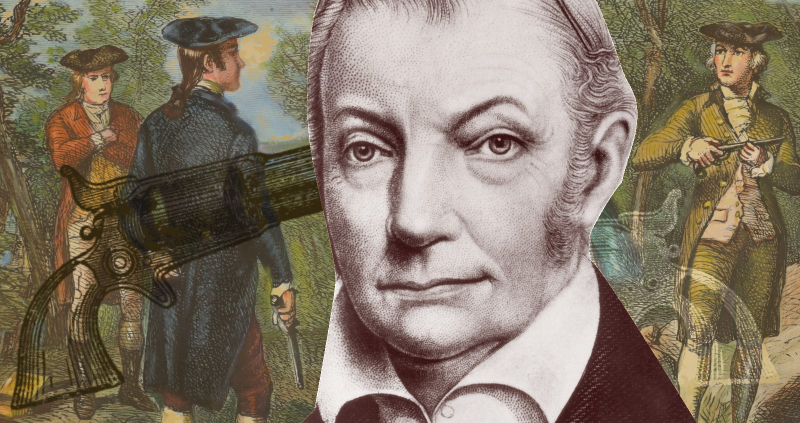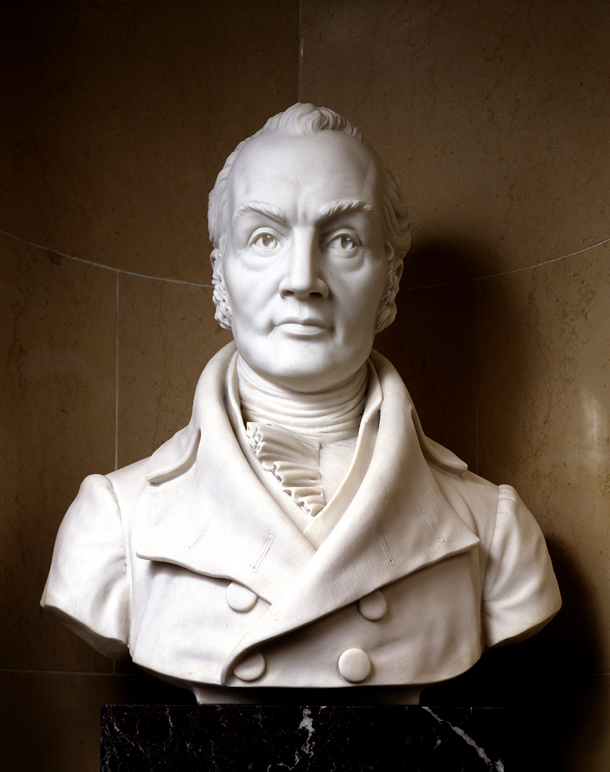Burr stopped a duel between Alexander Hamilton and James Monroe
Although Alexander Hamilton's fatal duel with Aaron Burr in 1804 is well known, Hamilton also nearly engaged James Monroe in a fight earlier in the same decade. As a senator from Virginia in 1792, Monroe served on a panel that also included Abraham Venable, a congressman from Virginia, and Frederick Muhlenberg, speaker of the House of Representatives, to look into allegations of financial mismanagement against Alexander Hamilton. To get testimony from the accusers, Muhlenberg's assistant Jacob Clingman and a New York trader named James Reynolds, the committee met with them.
Hamilton told the committee that he was innocent of these accusations and that his financial engagement with Reynolds was only a cover for an affair with Maria, Reynolds' wife. In a later interview, Clingman asserted that Hamilton had hired James Reynolds to fabricate letters suggesting an illicit relationship between Maria and Hamilton. The committee took thorough notes throughout the meeting but decided to keep the details private.
In the summer of 1797, Hamilton and Monroe had a contentious meeting and exchanged letters that nearly led to a duel, but Aaron Burr ultimately calmed the situation down. Hamilton wrote a lengthy essay defending himself in August 1797, outlining his relationship with Maria Reynolds and his conflict with Monroe. Furious, Monroe requested his pals Aaron Burr and John Dawson to bring up the matter again with Hamilton. In January 1798, most likely, Hamilton drafted a letter promising to arrange a date and location for a duel. However, he never sent it, and the two men lost touch.














